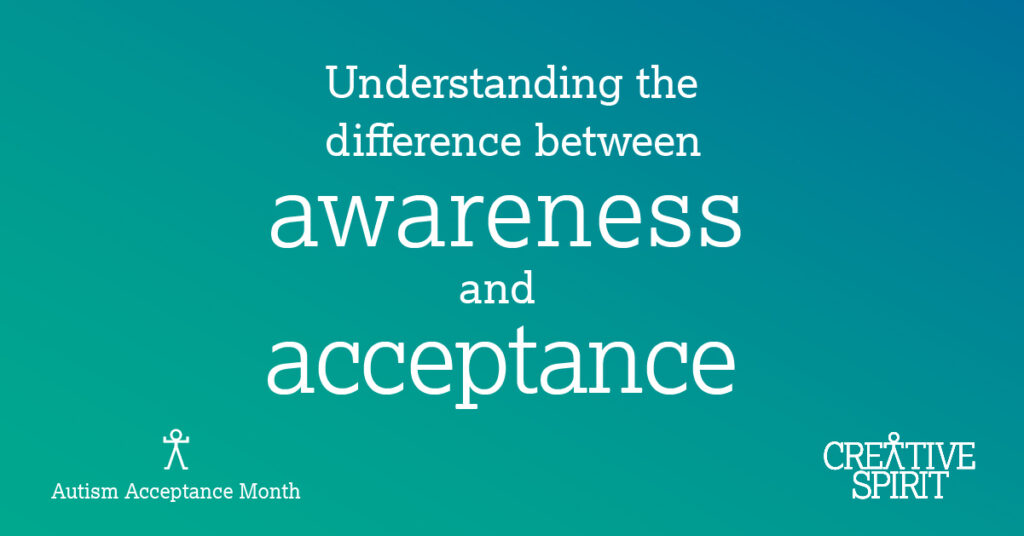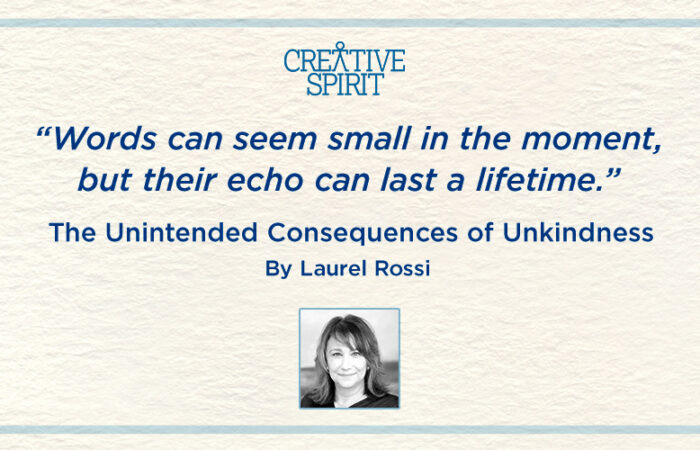Written By: Menachem Rephun, Communications Manager and Self Advocate

Exceptional memories, expert attention to detail, innovative thinking, and a strong work ethic are just a few of the strengths, skills, and talents employees with autism bring to the workforce. People on the autism spectrum deserve equal opportunities to succeed in employment, full workplace inclusion, and the freedom to make their voices heard. April is Autism Acceptance Month, and its message is more timely, meaningful, and important than ever. Over 5 million adults in the United States, and approximately 1 in 36 children, have autism spectrum disorder (ASD), a range of lifelong neurodevelopmental conditions characterized by social and verbal communication challenges, heightened sensitivity to light, touch, and noise, and restrictive and repetitive thoughts and behaviors. According to the New York State Office for People With Disabilities (NYSOPD), autism is the fastest-growing developmental disability in the U.S. While the Americans With Disabilities Act (ADA) and other advocacy efforts over the past several decades have broken down many barriers, people with autism still face discrimination and stigma in employment, and anxiety about whether or not to disclose their diagnosis. For more than 50 years, Autism Acceptance Month (formerly Autism Awareness Month) has been celebrated annually to push back against these harmful stereotypes and misconceptions, driving inclusion and representation forward for people on the spectrum. While discrimination still exists, wide-scale efforts like Autism Acceptance Month have made inroads in creating a more inclusive society for people on the autism spectrum.
Autism Awareness Month is connected to the Neurodiversity Movement, an approach to disability that reframes conditions like ADHD, autism, and others as differences on the human neurological spectrum, rather than problems or illnesses in need of being “cured” or solved. In 2020, the Autism Society of America (ASA) transitioned from “Autism Awareness Month” to “Autism Acceptance Month” to better align with the neurodiversity movement’s philosophy. The name “Autism Acceptance Month” has also been in use, albeit less widely, since 2011 by the Autism Self-Advocacy Network (ASAN). Autism Acceptance Month was introduced in April 1970 by Dr. Bernard Rimland, an autism researcher and founder of the ASA, to coincide with his son’s birthday, and the start of Spring as a time for new beginnings. Rimland, who passed away in 2006, remains a polarizing figure within the autism community and among disability rights advocates for his promotion of strongly disputed theories about the causes of autism, along with his advocacy for treatments that have been rejected by the broader medical community, such as vaccine denial, facilitated communication, chelation therapy, the use of aversives (i.e. negative or unpleasant stimuli) to induce changes in behavior, and other controversial practices. Despite the controversy surrounding Rimland’s legacy, Autism Acceptance Month has been beneficial in expanding support for people with autism by promoting inclusion, understanding, and representation, along with driving advocacy forward and giving a voice to people on the spectrum.
The link between social acceptance and quality of life for people with autism is not just an inspirational concept, but one that is actually supported by scientific research and evidence, as Neurology Advisor.com’s Steve Fiorillo explains in an essay on the history of Autism Acceptance Month. “A 2018 study in the Journal of Autism and Developmental Disorders suggested that experiencing acceptance may benefit mental health, while lack of acceptance may correlate to depression and stress,” Fiorillo writes. “Acceptance from people around those with autism spectrum disorder also improved self-acceptance, which correlated with greater self-esteem and lower depression.” Destigmatizing autism is even more important at a time when 50-90% of adults with autism in the U.S. are unemployed, making autism the highest unemployed disability in the country, according to Steven Zauderer, CEO of Cross River Therapy (as cited by Autism Spectrum News.org). Some of the culprits behind these staggering unemployment rates include negative stereotypes about people on the autism spectrum, lack of inclusive hiring practices, the social and verbal communication differences of some people with autism, and a lack of reasonable accommodations in the workplace and in the interview and hiring process. According to an essay in Social Work Today, “Individuals with autism have historically been subjected to discrimination and obstacles that have denied them all of their civil and human rights. Due to this denial, people with autism have experienced poverty and marginalization at disproportionately higher rates.” There’s no question that individuals with autism have a huge amount to contribute to the workforce. A 2020 60 Minutes report found that the TechFirm AutonomyWorks, which began hiring people with autism, reported a 30% increase in productivity, and a 90% reduction in errors. By spotlighting the strengths, talents, and capabilities of people with autism, such as exceptional memories, a strong work ethic, expert attention to detail, and innovative thinking, Autism Acceptance Month can reshape how employers think about hiring and encourage them to make their workplaces more inclusive. Many major companies, including Google, SAP, and Microsoft, have already introduced programs to onboard employees with autism, but there’s still so much progress that can be made.
Along with the quality-of-life improvements that stem from creating a more inclusive society, Autism Acceptance Month is an even more meaningful opportunity to advocate for policy changes, improved accessibility, and systemic reforms. As the Autism Spectrum Disorder Foundation (ASDF) explains, Autism Acceptance Month “focuses public attention on areas where societal structures and systems may lack support or accessibility. This, in turn, increases the clamor and drive for inclusive policy development.” Autism Acceptance Month is also beneficial in building a supportive community and bringing families, people, and societies from diverse backgrounds together, and encouraging self-advocacy by empowering people on the autism spectrum to speak for themselves. Additionally, the shift from “awareness” to “acceptance” has been embraced and supported by many advocates within the autism community. Lyric Holman, a blogger and self-advocate with autism, believes acceptance promotes embracing people with autism as they are, along with encouraging people on the autism spectrum to feel more self-confident and secure. In a 2021 essay for Forbes.com titled, “Autism Acceptance Not Awareness”, Nancy Doyle, an organizational psychologist with ADHD, shared her perspective on why “acceptance” is preferable to “awareness” when it comes to supporting the autism community. “We are interested in change, not awareness,” Doyle writes. “Knowledge about genetic phenotypes and prevalence rates are less helpful than ideas for improvements to the school day, the working environment, policing, [and] the intensity of information overload expected in everyday modern living.” Like other neurodiversity advocates, Doyle staunchly rejects the school of thought that views autism as a “problem to be solved”, but rather an inseparable part of one’s identity for people on the autism spectrum. Embracing this shift in perspective is central to what Autism Acceptance Month stands for. Accepting people on the autism spectrum for who they are, appreciating their unique skills and talents, and overcoming stereotypes and misconceptions will help companies create a level playing field and transform neurodiverse employment for the better. Creative Spirit is proud to be part of that effort, placing neurodiverse candidates in fair-wage roles and encouraging companies to recognize why neurodiverse inclusion is a net gain for everyone in both the short and long-term. Through our collective efforts, 2024 can be the year where we truly make “acceptance” for the autism and neurodiverse communities a reality.



